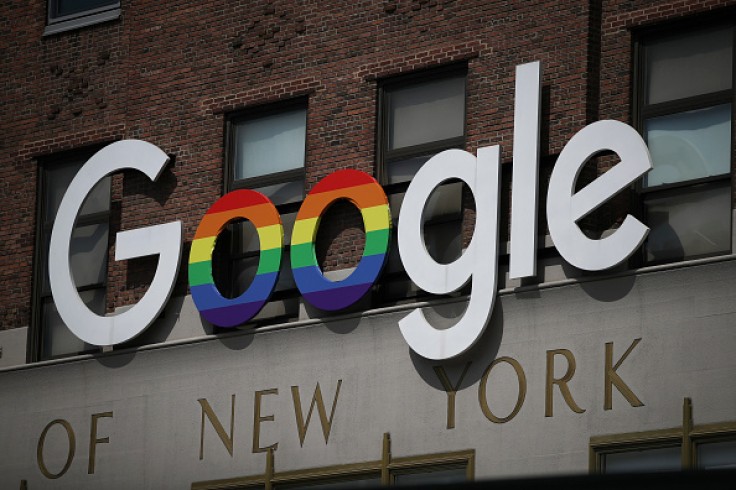
In the modern-day era, the internet has worked wonders for all, especially Google, which helps spread information and general knowledge to people who use the service. However, it fails to give privacy to people, as tracking its users is part of their business.
Typing keywords on Google can potentially follow commercial ads that would haunt users as soon as they open their search engine. All of their personal information is linked to Google, from e-mail information, medical, financial, and personal issues that come along to daily searches that make a person an individual.
With that said, the myth that Google is tracking its users to make a profit is not really a myth.
"Google Is Spying on You!" Says DuckDuckGo
A report by Independent revealed that Google is spying on its users after the company published personal data details it has acquired from the public. The accusation comes after Google added App Privacy labels to its iOS Chrome and Google Apps, making it clear the data it picks up from its users by Apple's App Store rules.
DuckDuckGo published an in-comparison screenshot of the data it collects compared to the data gathered by Chrome and the Google App. Data Collected by Chrome shows the location, financial info, browsing history, and audio data. DuckDuckGo, on the other hand, does not collect any personal information through its mobile browser.
After months of stalling, Google finally revealed how much personal data they collect in Chrome and the Google app. No wonder they wanted to hide it.
— DuckDuckGo (@DuckDuckGo) March 15, 2021
⁰
Spying on users has nothing to do with building a great web browser or search engine. We would know (our app is both in one). pic.twitter.com/lJBbLTjMuu
Besides that, Google received a $5 billion fine from the European Commission in 2018 after the company was found to have attempted to assert its dominance on the market through uncompetitive Android practices. DuckDuckGo's latest criticism of Google comes after a U.S. judge ruled that the technology giant must face another $5 billion lawsuit alleging that the search engine tracks users in Incognito Mode.
Google continues to abuse its market power, says @adrjeffries & @LeonYin.
— DuckDuckGo (@DuckDuckGo) August 1, 2020
“If Google can train you, don’t go to Genius, don’t go to TripAdvisor, don’t go to the restaurant’s website, just come to Google—always come to Google—then they win.”https://t.co/UP3gAPkKBq
If users wants a search engine that keeps its privacy to a maximum, DuckDuckGo claims it is the better option. It is a search engine dedicated to protect searcher's privacy and avoid the filter bubble or personalized search results. DuckDuckGo distinguishes itself from Google by not profiling its users and showing all users the same search results for a given search term, without the banner ads, tracking and personalized profiling.
Also Read: Google Play Store Rolls Out A New Feature That Lets You Know Which Apps Rising Up the Chart
DuckDuckGo vs. Google: Which Is Better?
According to the DuckDuckGo website, the search engine does not collect or share personal information from users. Instead, it simply shows what a user might be searching for on the web with the same results as Google does. When users do a search and then click on a link on other search engines, the search items are then sent to that site the user has clicked on, calling it a "search leakage."
An example of this is searching for something private. Users are sharing that private search with the search engine and all the sites that the user might have clicked. Besides that, visiting any site will automatically send information from the user's computer to that specific site, including User-Agent and IP Address.
This type of feature can often identify the user directly, and Google will now send the user's banner ads and the user's personal information in the process.
This means that doing a private search can send Google and other sites information about the user and attack them with banner ads to continue visiting. In that process, the search engine makes money from it and showing the user an endless barrage of web ads and has the user's private information.
According to Spread Privacy, Google's Incognito mode is really not saying users are safe with banner ads, personal privacy, and keyword searches. Incognito mode is only deleting the user's local browsing history after the user's session on their device. Still, it does nothing to stop any website they visit, including Google, from tracking the user via IP Address and other tracking features such as browsing fingerprinting.
Google tracks users more than just in their search engine. To Google, every site is connected to their search engines such as Youtube, Gmail, Chrome, Android Devices, Gmaps, and other services the word "Google" has on it.
Related Article: Google Incognito Lawsuit Pushing Through--Company Could Pay Up to $5 Billion in Damages









